Blog
What you need to know about physiotherapy and podiatry.



Why it happens, what to watch for, and how women’s health physiotherapy can help you feel strong and pain-free again.
Meet Rachel: A New Mum in Pain
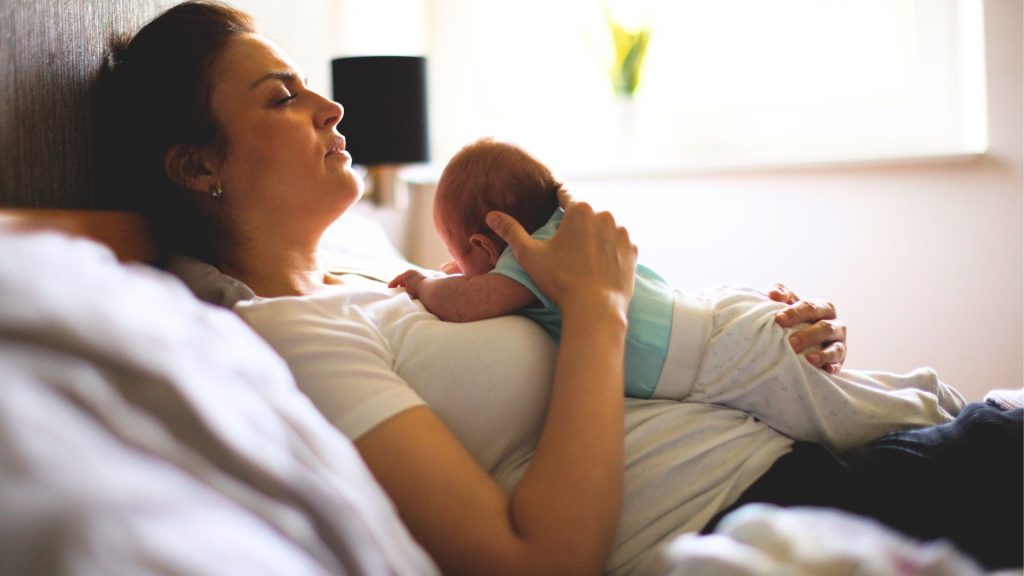
Three months after giving birth, Rachel still couldn’t lift her baby without a sharp twinge in her lower back. She thought maybe she hadn’t rested enough, or perhaps this was just part of being a mum.
But when the pain crept into her sleep, her daily walks, even simple tasks like standing while burping her baby, she knew something wasn’t right.
Sound familiar?
If you’re a new mum in Singapore dealing with similar aches and wondering if it’s just you, it’s not.
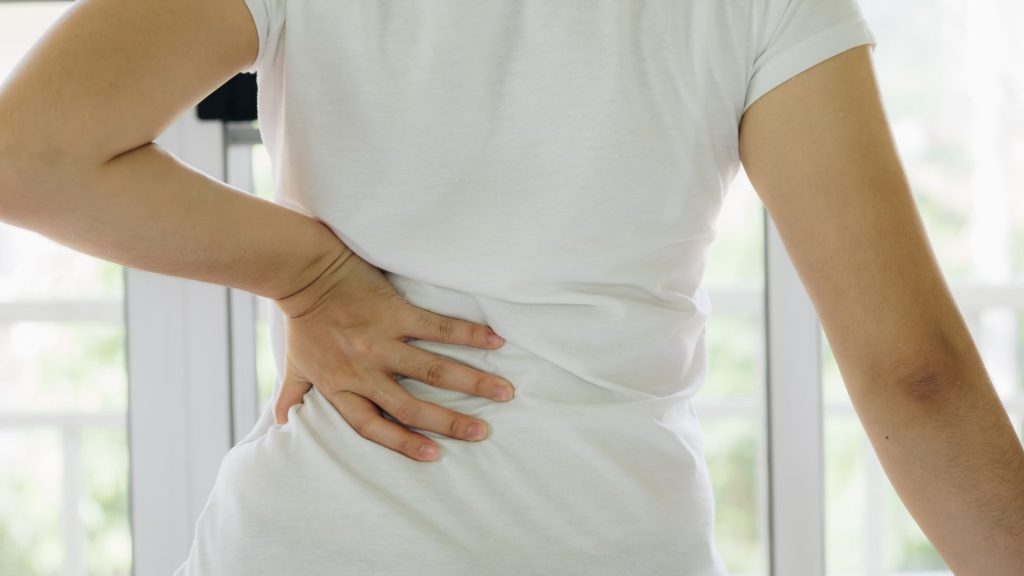
You’re told to “bounce back.” But instead, your body aches, especially your back. You’re tired, carrying your baby, hunched over to feed or pump, and probably getting little sleep.
While it’s common to feel sore after childbirth, lingering postpartum back pain is your body asking for help.

You might push through it because motherhood is demanding. But here’s the risk:
If untreated, postpartum back pain can lead to:
The idea that “pain is part of motherhood” is a myth. And it’s time we debunk it.
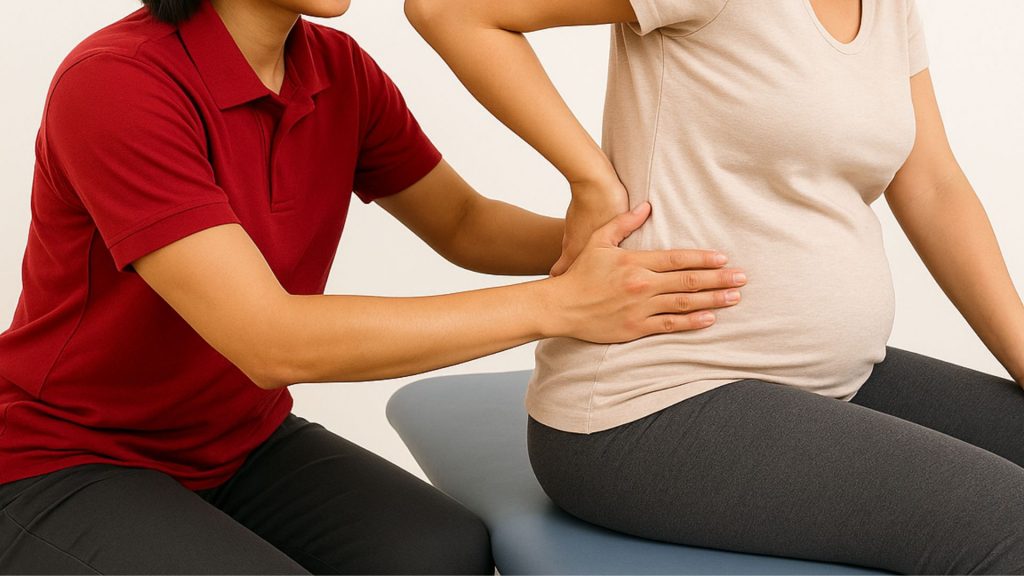
The great news? Postpartum back pain is treatable — and often without surgery or medication.
At Women & Children Centre, our women’s health physiotherapists in Singapore understand what new mums are going through. We help you:
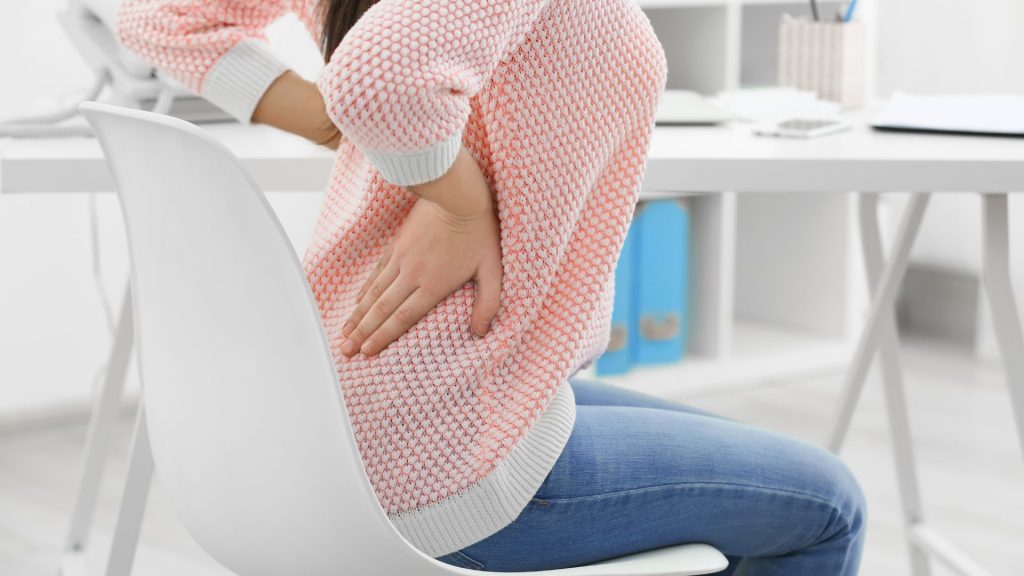
After pregnancy and delivery, your body goes through massive changes. Here are the most common culprits of postpartum back pain:
For some, it’s a few weeks. But if it lingers beyond 6 weeks, becomes more intense, or affects your daily routine, it’s time to take action.
Don’t wait until it gets worse.
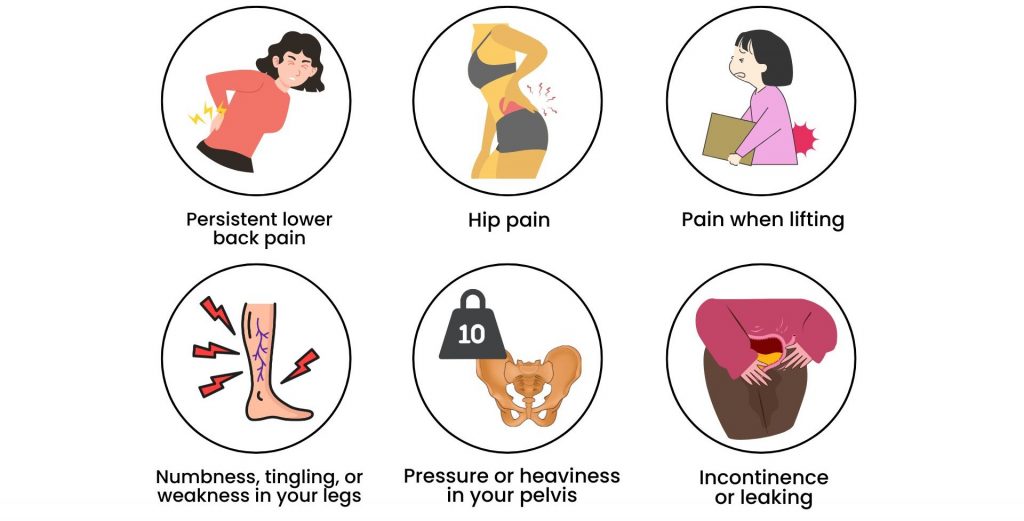
These could signal deeper issues that a women’s health physio can help address.
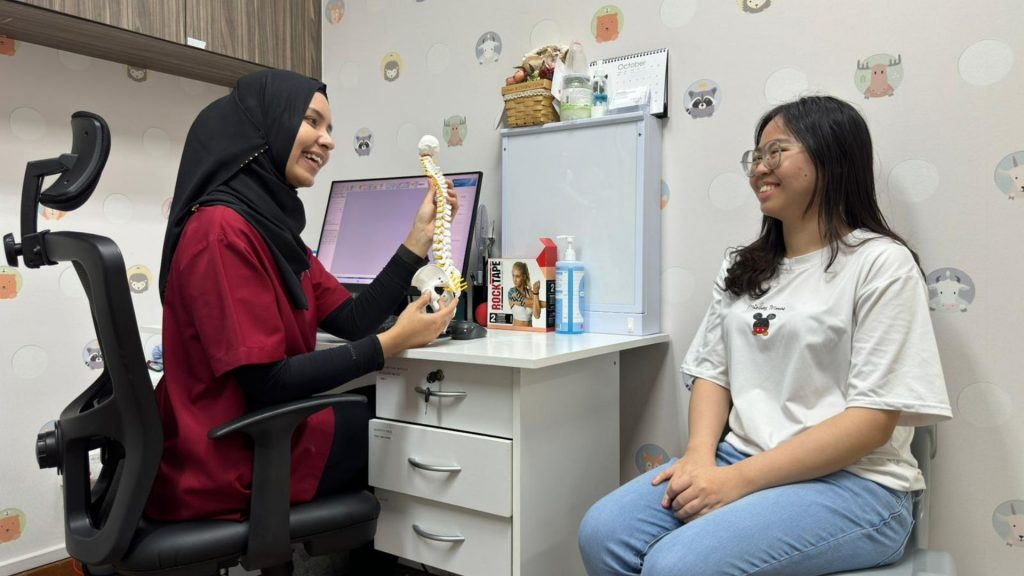
If you:
Then it’s a good time to see a physiotherapist who specialises in postpartum care.
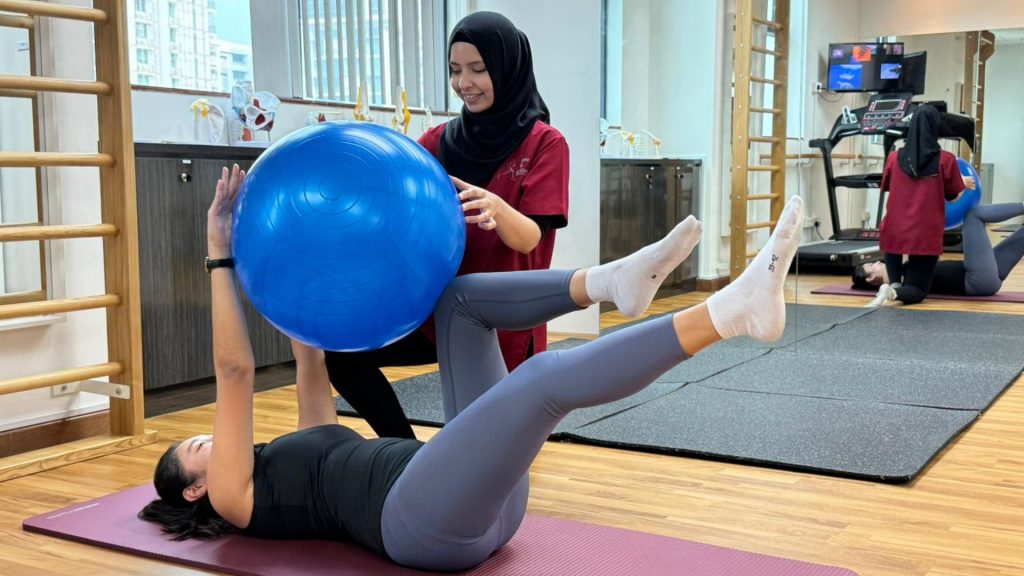
At Women & Children Centre, we help you recover with:
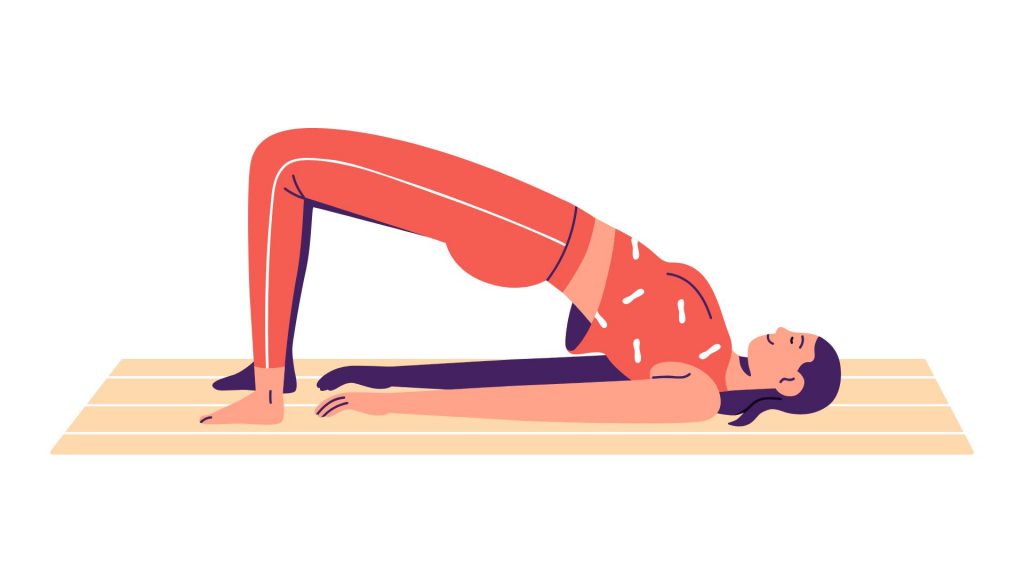
Pelvic Tilts (Core Activation):

After just a few sessions with a physiotherapist, Rachel felt stronger, slept better, and could finally carry her baby without pain. Most importantly, she felt confident again in her body and her motherhood.
You deserve that too.
Whether you had a natural birth or C-section, if you’re struggling with postpartum back pain, don’t ignore it.
At Women & Children Centre, we’re here to support your healing journey with compassionate, expert care.
Because a pain-free, confident motherhood starts with one step — getting help.
Phone: 9126 8257
Fax: 6281 1209
Email: contact@physioandsole.com
Whatsapp a Podiatrist: 91754929
Whatsapp a Physiotherapist: 98997967